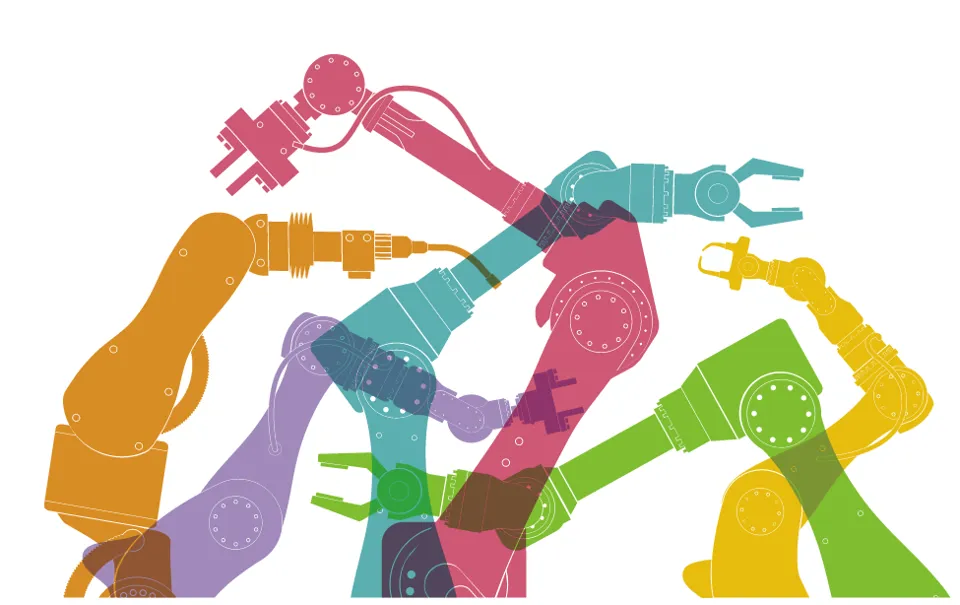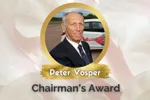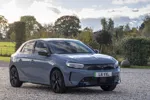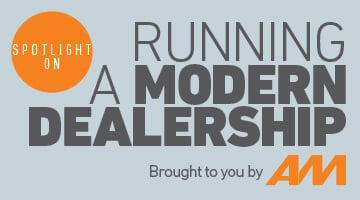Carmakers and car dealers have different priorities when shopping for new partners, but, finances and targets aside, a lot of it comes down to building a relationship
The car manufacturers’ story
Car brands are understandably cautious when choosing a new franchisee partner – make the wrong move and the brand could suffer reputational damage in a geographical territory for years. But if a manufacturer finds the right retailer for its product, a previous open point can become fertile new ground.
Once the manufacturer has identified an open point, the first port of call is often an existing franchisee, said Brian Hawkins, general manager for dealer development at Suzuki.
“We might approach a potential dealer partner and say, ‘How do you feel about trying to find us some premises in this area to represent the Suzuki franchise?’,” he said.
If a manufacturer starts from scratch, though, there is a lot of background work to do. David Rose, SsangYong’s network development manager, said: “We tend to go for people who have current franchises, maybe have one operation, one dealership. Or they may be an independent used car dealer who is looking for their first franchise.
“I initiate a meeting with a prospect, followed by a potential second meeting, where you go into quite a lot more depth about the brand and about that business itself. And then every month we have a franchise review meeting. We decide which of those prospects will fit our brand.
“I tend to look at Companies House for the history of a prospect. The new car stock needs to be funded by a funding house, so there are certain criteria that a prospect has to meet, such as the history of that company, how long has it been trading? Can it grow? What does its balance sheet look like?”
Once the right partner has been selected, and all the financial due diligence is completed, it’s time to start building a relationship that will underpin and sustain both sides for years. This is very much handled on a personal basis, said Hawkins.
“I have two field guys who are very experienced in franchising, and have lots of personal contacts and relationships with existing dealers and partners,” he said.
“But it’s mostly to do with them building a relationship with the partner to start with, and they’ll visit them as often as they can, handhold them through the process. They are generally their point of contact for any queries they have.”
It’s also a case of instilling the franchisee with confidence in the brand, said Rose: “SsangYong is a niche brand and you spend time explaining what the brand is about to prospects. It’s about building confidence that the brand’s got a future and they can actually go forward and make some money out of it.
“We tend to give a prospect some of our models for a while so they can live with them. That works quite well, when they can live with a couple of cars for a week and there’s no pressure. They can really get to understand the vehicles.”
Once the groundwork has been done, it’s time to sign the deal. Hawkins said: “It’s not as though we’re a financially driven contract-clincher, so we don’t part with bucketloads of money to make sure you sign on the dotted line. It’s a question of whether the partner has a desire and a passion for the Suzuki franchise. If the partner demonstrates that passion for business and for customers, then we’re comfortable with that.”
Rose said that agreeing a contract “can be a long process”.
“Like selling a car, you try and overcome a customer’s objections and potential issues before you get into a negotiation.”
The car retailers’ story
Opening a new franchise in precarious economic circumstances requires trust in the partner brand, as well as confidence in your ability to run a successful dealership.
There seems to be no shortage of franchisees in this position, however. So what are franchisees looking for when starting a new relationship?
Philip Wade, the franchise and development director for Stoneacre Motor Group, said: “What we’re looking to do is trying to retain as many customers within the Stoneacre brand as we can. The objective is to get as many franchises as we can, so we can retain as many customers as possible within the Stoneacre family.
“The one big thing, more than anything, which is really important, is the relationship you have with the manufacturer. If you have no relationship and you’ve got no trust and no respect, you have absolutely no chances of taking on a franchise.”
Existing relationships can be an important pre-condition for identifying new partners.
“A lot of it is personal relationships, because perhaps you know the chief executive of a brand because you’ve worked with them before,” said Steve Brighton, managing director of Hepworth Motor Group.
“SsangYong’s a good example – the reason we got involved with the brand and have been tracking them, is they were growing. But I also knew the late Paul Williams for quite a number of years, through Daihatsu, when we had that within the group.
“Other times, it’s just finding the right brand at the right time. Timing is everything. If you haven’t got a showroom or you haven’t got the funds to be able to push on, it’s always a bit difficult.”
Choosing the right brand is another key consideration, said Tom Sims, owner of single-site Wilnecote Motors in Tamworth.
“Selecting a franchise that suits you is important. When we took on Citroën, it was partly because PSA owns Vauxhall. I thought it was a good partner to go in with because I’ve been doing Vauxhalls for many years and we were essentially staying with the same manufacturer.”
Once that initial contact has been made, and the two parties start talking, the franchisee having a sound business footing is vital. Wade said: “What they’re very keen on establishing is what’s your DNA? How do you operate? What are your values? How do your staff operate? How’s your CSI score? Are you profitable? Can you turn businesses around?”
From the franchisee’s perspective, they’re looking at what a manufacturer can offer. Brighton said: “It’s who would offer the best deal. You look at what support you’ve got, what the composites are and then I would talk to a few people about it.
“You also need to know that they’re developing good product, because more and more, it’s product that drives everything. It drives your customer, your showroom traffic, but it also drives your margin. If you provide a car that people want to buy, you’re going to sell cars and make some margin.
“But it is about personal relationships and quite often, because it’s quite incestuous, the smaller brands will know you and will come and talk to you, because you match their criteria.”
Before signing the deal, franchisees also assess what the brand is offering. “That’s the special tools, period of support, reduced targets, financial support if you’re developing a showroom,” said Brighton. “You have to do a viability study, because if they don’t give you enough support, you’re going to struggle.”
Modest targets while the site gets established are critical. “You’re always looking for a small target, because you’re always looking to earn a volume bonus,” said Sim. CRAIG THOMAS













Login to comment
Comments
No comments have been made yet.